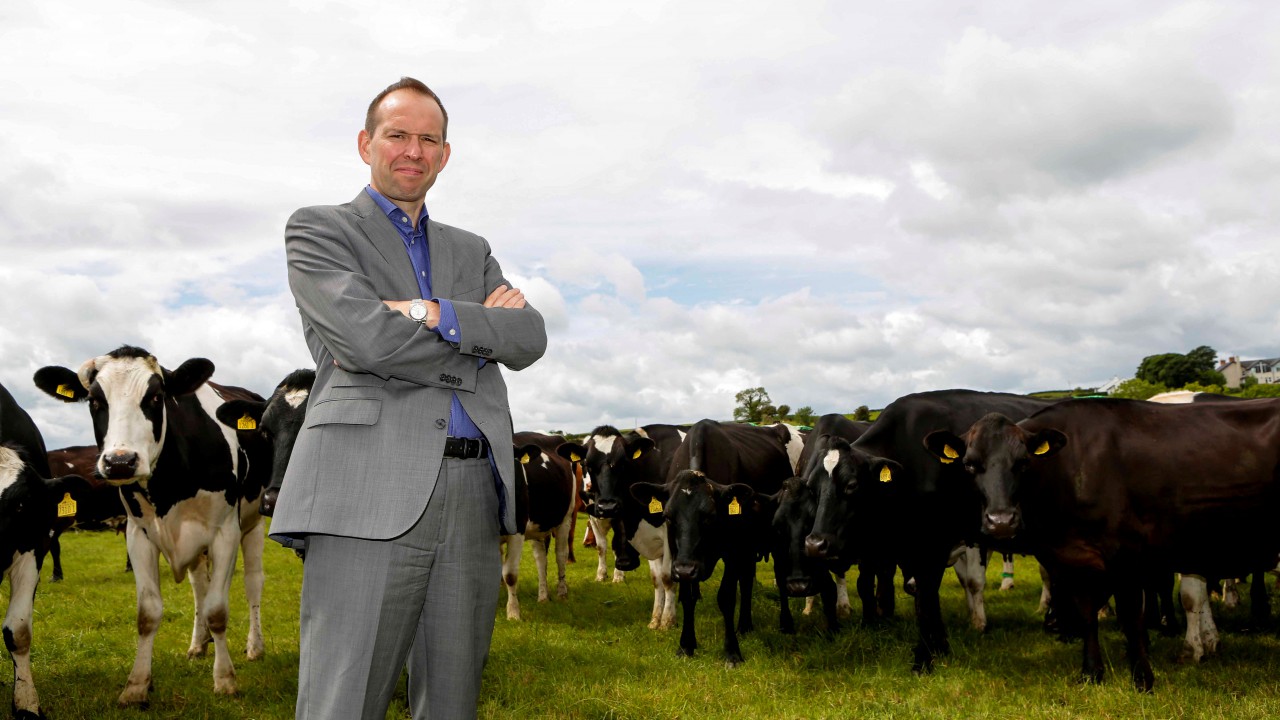Dale Farm CEO Nick Whelan is quick to point out that milk producers and processers are both joined at the hip in the sense that the issues of productivity and profitability impact across their businesses in equal measure.
Speaking at a recent European Institute of Innovation and Technology (EIT) ‘Focus on Farmers’ webinar, hosted in Northern Ireland by AgriSearch, he said that farmers are working on the back of razor sharp margins.
“Processers are in the same boat. Farmers want to improve the profitability of their businesses. At a technical level this will require a clear focus on issues such as improved animal health, fertility, feed management and securing higher levels of milk output from grazed grass and silage,” he said.
“It all adds up to improving efficiency and productivity.
But at a strategic level, farmers must be allowed to make better use of their time. It’s all about time management.
More profitability
Whelan went on to explain that Dale Farm, a producer-owned cooperative, has been working closely with its members in order to find ways of improving their levels of profitability. This comes on the back of a 2017 survey, confirming that only 30% of Dale Farm suppliers milk record.
“This means that 70% of members do not milk record,” Whelan commented.
“Addressing issues that relate to soil and forage quality are critically important to all milk producers.
“In addition, Dale Farm has recently committed to a pilot scheme, involving 16% of our farmer suppliers. The work will analyse their individual margin over feed cost.
In this way, we hope to identify opportunities for profitable growth and the work is already paying tremendous dividends.
“Results obtained already to date show that feed costs on the farms involved, range from 5.55c/L to 13.66c/L. Margin over feed costs range from 14.88c to 25.55c.
“These figures reflect the scope for Dale Farm suppliers to improve profitability levels into the future.”
During the questions and answer session of the webinar, Whelan totally refuted suggestions that processers are always seeking to squeeze the supply chain.
“Nothing could be further from the truth,” he stressed.
“Dale Farm is owned by its farmer members. If our producers are not making sustainable profits, then the co-op will not exist. This is why we are investing in the current pilot programme.
“There is a continuing need for the co-op to communicate effectively with its members. And this is a responsibility that I take on myself,” he concluded.

